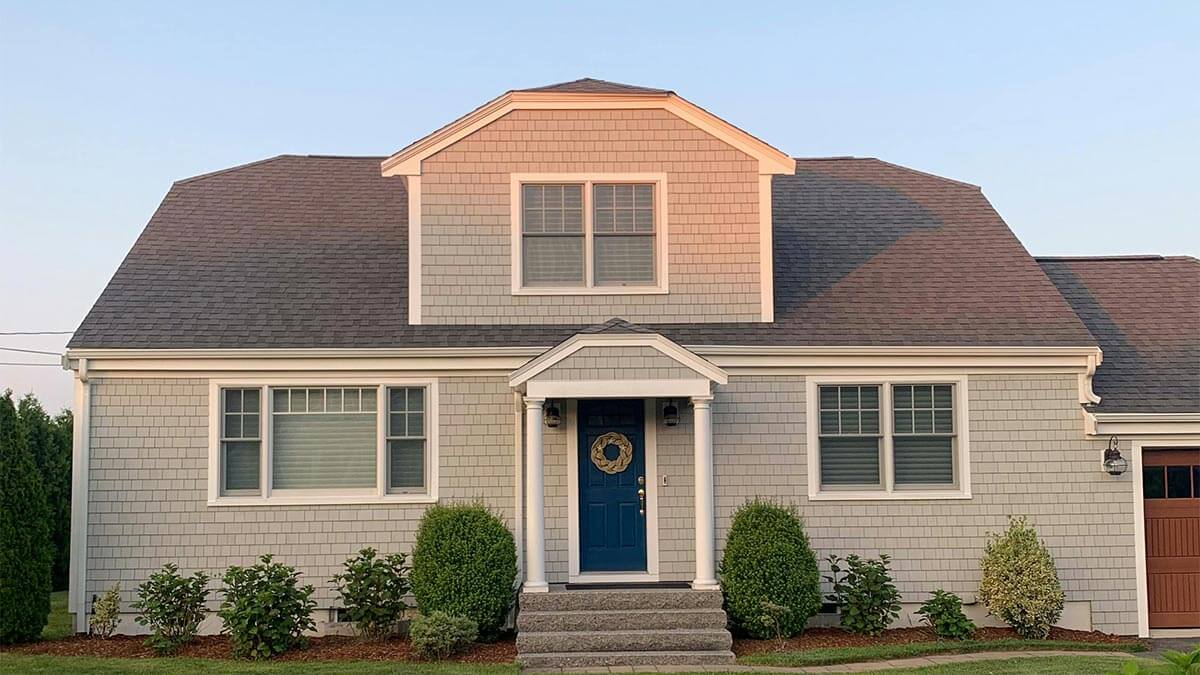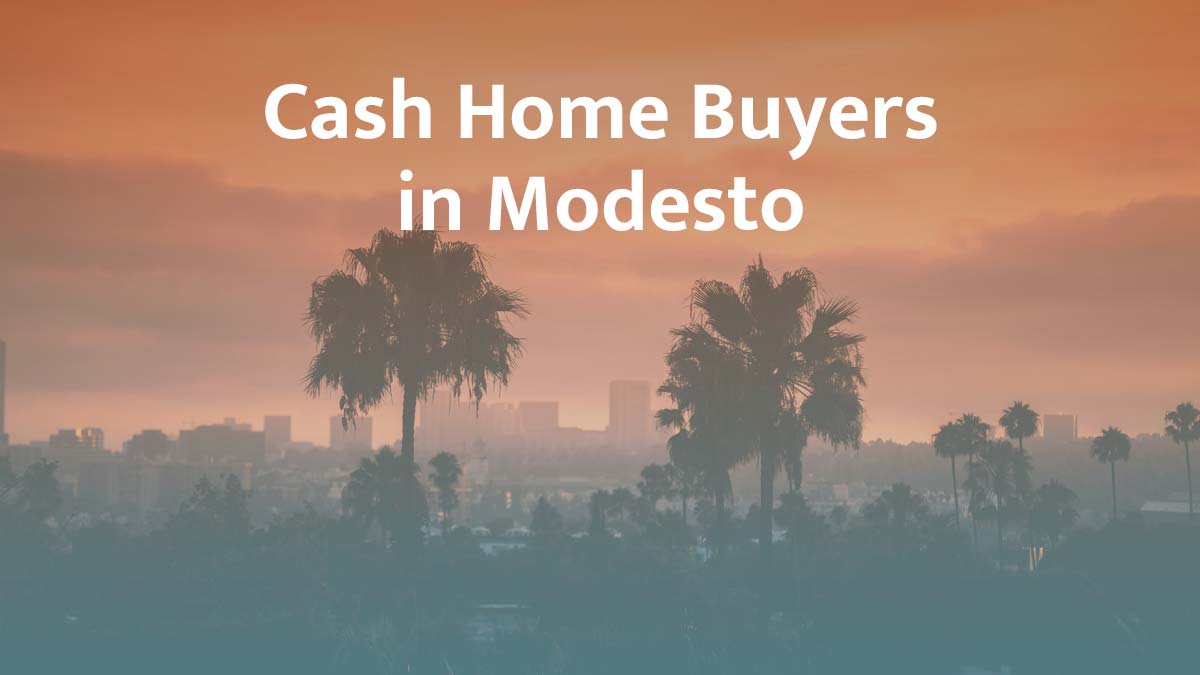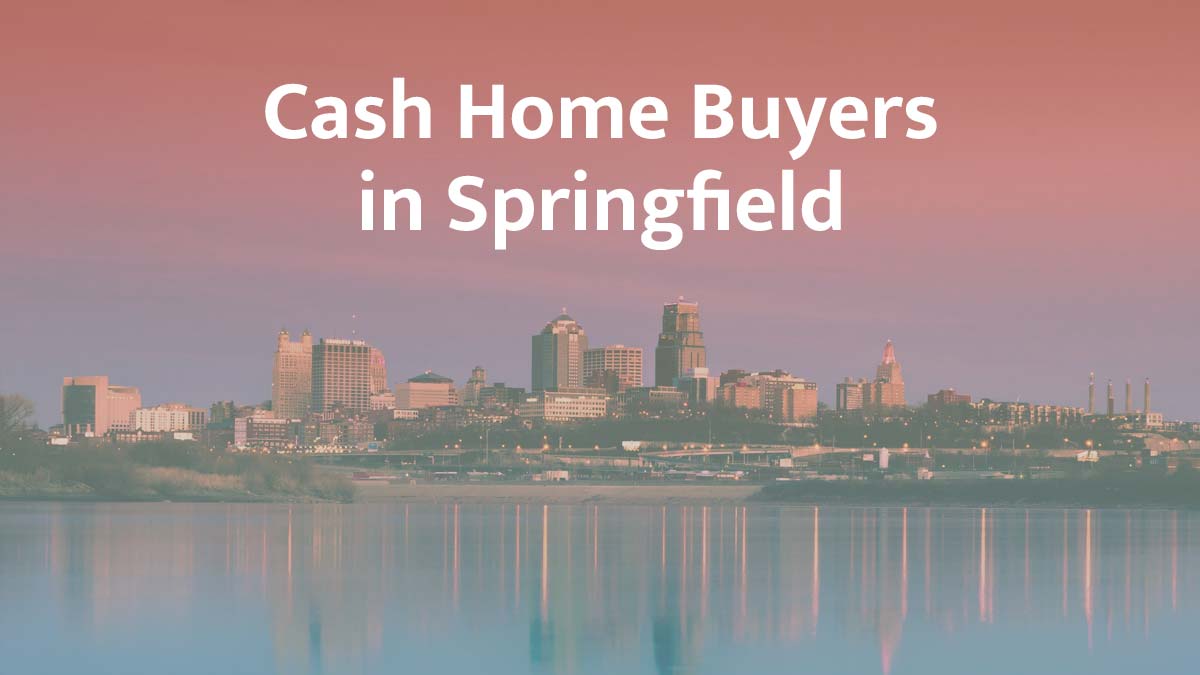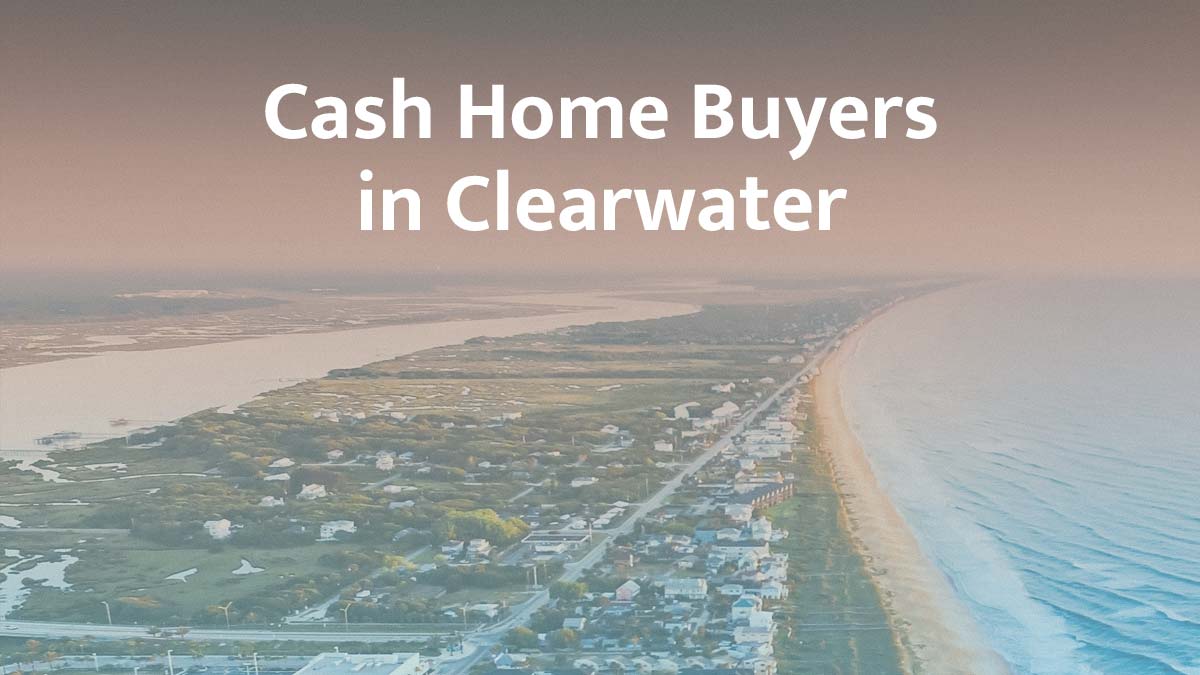Making $100K a year feels like you’ve finally hit a major milestone, but how far does that get you when buying a home? The answer depends on more than just income. Debt, credit score, down payment, and even your future utility bills all play a role.
Buying a house isn’t just about what a bank says you can afford, it’s about what actually feels affordable for your life. And if you’re thinking, “I’ve got a solid salary, why am I still worried?”, you’re not alone. Even those earning less, for example, someone with a $70K salary – often wonder how much home they can afford on that income, which our guide breaks down in detail.
This guide breaks it all down for you. We’ll cover what $100K really gets you in today’s market, what to watch out for, and smart ways to make your money stretch. Whether you’re ready to buy now or just starting to plan, you’ll leave with clear, real-world answers.
Skip the listings. Start packing. Get a data-backed cash offer from iBuyer.com today.
100K Salary
Instant Valuation, Confidential Deals with a Certified iBuyer.com Specialist.
Sell Smart, Sell Fast, Get Sold. No Obligations.
Quick Answer: How Much House Can You Afford With $100K?
With a $100K salary, most people can afford a home priced between $275,000 and $425,000. That range depends on things like your debt, credit score, and how much you put down. A bigger down payment usually means you can afford more house, without driving up your monthly payment.
Here’s a quick look at how it could shake out:
| Down Payment | Approx. Home Price | Est. Monthly Payment |
| $20,000 | $275,000 | $1,800–$2,000 |
| $40,000 | $325,000 | $2,100–$2,300 |
| $60,000 | $375,000 | $2,300–$2,600 |
| $80,000 | $425,000 | $2,600–$2,900 |
These are ballpark figures. Rates, insurance, and taxes vary by location and loan type.
Even if a lender approves you for a higher number, always ask yourself: Can I comfortably make this payment every month, plus all the extras?
What Impacts the House You Can Afford?
A $100K salary is a strong start, but lenders don’t look at income alone. They look at the full picture. Here’s what really moves the needle when it comes to what you can afford.
Gross Monthly Income and Debt-to-Income Ratio
Lenders care more about your monthly income than your yearly one. They use your gross monthly income (before taxes) to see how much of it is going toward debt. This is called your debt-to-income ratio (DTI).
If you’re already paying on credit cards, student loans, or a car, your DTI goes up, and your home budget goes down. Most lenders want your housing costs to stay under 28% of your gross income, and total debt (including your mortgage) under 36%.
Your Credit Score and Loan Type
The better your credit score, the lower your mortgage rate is likely to be. That can make a huge difference in what you can afford long-term. A score in the 700s could get you a better rate, and help you qualify for different loan types, like FHA or VA loans if you’re eligible.
Each loan type has its own rules for how much house you can buy, how much you need down, and whether you’ll pay extra fees like mortgage insurance.
Down Payment and Insurance Premiums
Putting 20% down is the magic number. It helps you avoid private mortgage insurance (PMI), which can add hundreds to your monthly bill. But if 20% isn’t doable, don’t worry. Many buyers put down less, especially first-timers. Just know you’ll likely have an insurance premium added to your payment.
Closing Costs and Other Upfront Expenses
Besides your down payment, you’ll need cash for closing costs, which usually run about 2–5% of the home price. These cover things like lender fees, inspections, and title insurance. They sneak up fast, so make sure you budget for them.
Your Monthly Mortgage Payment
Your mortgage payment isn’t just the loan itself. It’s a bundle of different costs, some obvious, some easy to forget. Let’s break it down so you know what you’re really signing up for each month.
Principal and Interest Rate Basics
Your principal is the amount you borrow. Your interest rate is what the lender charges you to borrow it. These two make up the bulk of your monthly payment. A lower mortgage rate means a lower monthly bill, so even a small rate change can shift your budget by hundreds of dollars.
Taxes, Homeowners Insurance, and PMI
On top of your loan, you’ll pay property taxes, homeowners insurance, and maybe PMI (private mortgage insurance). PMI is usually required if your down payment is under 20%. These costs can add hundreds per month, so don’t just look at the loan, look at the full package.
HOA Fees, Utilities, and Maintenance
If you buy a condo or a home in a neighborhood with shared spaces, you may owe HOA fees each month. Even if not, you’ll need to budget for utilities, repairs, lawn care, and the occasional surprise fix (hello, leaky roof). These aren’t part of your loan, but they hit your wallet just the same.
How Loan Type Affects Affordability
Not all loans are created equal, and the type you choose can seriously change what kind of house you can buy. Here’s a quick breakdown of the major loan types and how they impact affordability.
FHA Loans
Great for first-time buyers or anyone with a lower credit score. You can put as little as 3.5% down, but you’ll have to pay mortgage insurance, no matter how big your down payment is.
VA Loans
If you’re a veteran or active-duty service member, VA loans can be a huge win. No down payment required, no PMI, and often better rates. It’s one of the most affordable ways to buy a home, if you qualify.
USDA Loans
For buyers in rural areas, USDA loans offer no-money-down options and lower rates. But you’ll need to meet income and location rules, and not all homes qualify.
Conventional Loans
These are the standard loans you hear about. You’ll need a stronger credit score and ideally 20% down to avoid PMI. But if you meet those requirements, they can offer lower costs long-term.
How to Afford More House on a $100K Salary
Want more house without raising your stress, or your risk? These simple moves can stretch your budget in smart ways.
- Pay Down Debt
Credit cards, car loans, or student debt can eat into your debt-to-income ratio. Lowering these balances helps you qualify for more home, and a better rate. - Boost Your Credit Score
Even a small bump in your credit can drop your interest rate. Make on-time payments, don’t open new accounts, and check your report for errors. - Look Into Down Payment Help
There are programs out there that help first-time buyers cover down payments and closing costs. Some are loans, some are grants, many are local. A quick online search for “[your city] down payment assistance” is worth it. - Consider a Longer Loan Term
A 30-year loan keeps monthly payments lower than a 15-year one, even though you’ll pay more in the long run. If affordability now is more important than paying off fast, it’s worth a look. - Broaden Your Home Search Area
Sometimes, shifting just a few miles outside a hot market can save you tens of thousands. Explore nearby towns or neighborhoods where prices are lower, but amenities still work for you.
Understanding how much house you can afford today can make a big difference later, especially when considering Generation X retirement savings struggles that stem from financial pressures.
Reilly’s Two Cents
I’ve helped plenty of folks try to figure out what they can really afford when buying a home. And while I work with clients here in Florida, the same stress and surprises show up no matter where you’re buying. That moment when someone realizes their “dream house” comes with $900 utility bills or surprise HOA fees? Yeah, I’ve seen it more than once.
Here’s what I tell buyers all the time:
Start with your comfort number, not your max.
Just because a lender says you can spend $425K doesn’t mean you should. Think about what’s left after your mortgage, not just whether the payment fits on paper.
Always leave room for the “Oh no” moments.
Air conditioning goes out. Roof leaks. A big tree suddenly needs removal. Stuff happens. If you’ve maxed out your budget, those surprises hurt way more.
Run the numbers yourself, then double-check with someone who’s been through it.
Use online tools, yes. But don’t stop there. Talk to real people. A mortgage calculator can’t tell you how it feels to pay that bill every month.
Your home should give you peace, not pressure.
If buying that big house means saying no to vacations, dinners out, or saving for the future, it’s probably too much. Go with the home that fits your life, not just your income.
$100K Salary, Is It Enough to Buy a Home?
Earning $100K a year puts you in a strong position to buy a home, but your real affordability depends on more than just income. Your debt, credit score, down payment, and loan type all shape what you can actually spend without stretching too thin.
Stay focused on what fits your life, not just your budget on paper. And if you’re ready to see how much house you can buy without the guesswork? iBuyer.com can give you a data-backed cash offer and let you pick your closing date.
For those earning double this amount (around $200K annually), the potential home price range roughly doubles as well, find out how much house you can afford with a $200K salary in our detailed guide.
Skip the listings. Start packing. Get your cash offer today. iBuyer is here to help.
Compare Cash Offers from Top Home Buyers. Delivered by Your Local iBuyer Certified Specialist.
One Expert, Multiple Offers, No Obligation.
Frequently Asked Questions
It’s possible, but it depends on your debt, credit score, and down payment. Most buyers at this income level would need a low debt load and at least 10–20% down to qualify comfortably.
You’re likely looking at a monthly mortgage of $1,800 to $2,900 depending on the home price, loan type, and whether you’re paying PMI, taxes, and insurance.
For a $300K home, a 20% down payment would be $60,000. But many buyers put down less and pay PMI until they reach 20% equity.
Usually not. If you put down less than 20% on a conventional loan, PMI is typically required. Some loan types, like VA loans, don’t require it.
VA loans let qualified buyers skip the down payment and avoid PMI, which can free up room in your budget and help you afford a better home without more cash upfront.
Reilly Dzurick is a seasoned real estate agent at Get Land Florida, bringing over six years of industry experience to the vibrant Vero Beach market. She is known for her deep understanding of local real estate trends and her dedication to helping clients find their dream properties. Reilly’s journey in real estate is complemented by her academic background in Public Relations, Advertising, and Applied Communication from the University of North Florida. This unique combination of skills has enabled her to seamlessly blend traditional real estate practices with cutting-edge marketing strategies, ensuring her clients’ properties gain maximum visibility and sell quickly.
Reilly’s career began with a strong foundation in social media marketing and brand communications. These skills have proven invaluable in her real estate practice, allowing her to offer innovative marketing solutions that set her apart in the industry. Her exceptional ability to understand and meet clients’ needs has earned her a reputation for providing a smooth and satisfying transaction process. Reilly’s commitment to client satisfaction and her innovative approach have garnered her a loyal client base and numerous referrals, underscoring her success and dedication in the field.
Beyond her professional achievements, Reilly is passionate about the Vero Beach community. She enjoys helping newcomers discover the charm of this beautiful area and find their perfect home.
Outside of work, she loves exploring Florida’s stunning landscapes and spending quality time with her family. Reilly Dzurick’s combination of expertise, marketing savvy, and personal touch makes her a standout real estate agent in Vero Beach, Florida.




